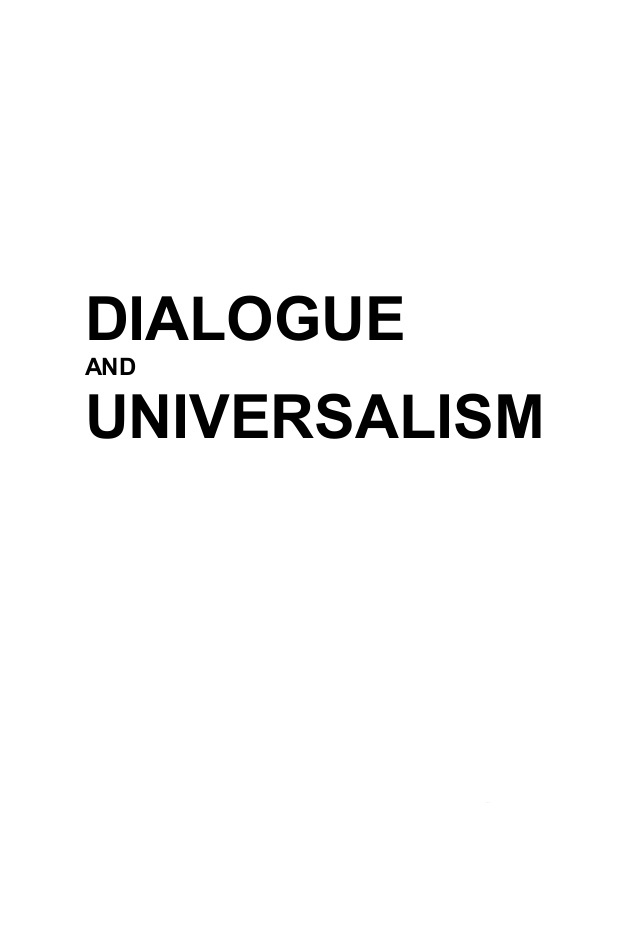ON THE MODERNIZATION OF HUMANISM
ON THE MODERNIZATION OF HUMANISM
Author(s): Vladimir PrzhilenskiySubject(s): Philosophy
Published by: Instytut Filozofii i Socjologii Polskiej Akademii Nauk
Keywords: ethical discourse; social reality; humanism; unique experience; universal norms
Summary/Abstract: In the Renaissance period, being a “humanist” meant graduating from a philosophi-cal faculty and teaching the collection of disciplines necessary to become a university student. In this view, the humanist is the man of the unaccomplished higher education, or, a school teacher. Neither his status, nor the status of the disciplines he taught was high. Over time the situation changed. Studying ancient languages opened a whole world of the disappeared civilization, obvious ancestors to the Renaissance; a concep-tion of humanitarian-historical cognition was founded. The Renaissance was the first to formulate a problem of comprehension—of the historical epochs passed, of the texts based on other (alien) experience and different mentality. In the context of unique sin-gularity the concepts of fate and biography were overestimated. The thesis of micro- and macrocosm unity was revived. The humanists have created a new translation of the Holy Writ; as a result, the sense of many rite ceremonies of liturgy became clearer. Historicism and criticism have brought a new type of thinking and a new system of values in the long run. Humanistic values constructed the first system that had no need in religious foundation, and its relation with Christianity was not logical, but historical. All this, though well known, gains quite other sense today. The world becomes more and more complicated and multicultural. A post-secular, polio-confessional socium comes to replace the secular society. The former needs a new experience, as unique as that of Renaissance humanitarians.
Journal: Dialogue and Universalism
- Issue Year: 2015
- Issue No: 2
- Page Range: 133-142
- Page Count: 10
- Content File-PDF

